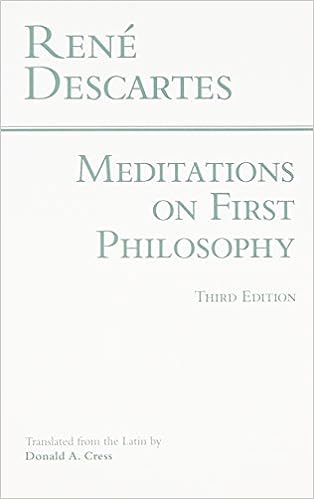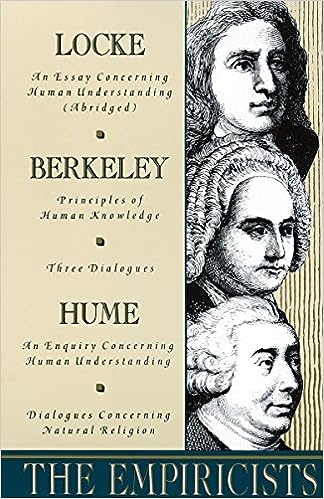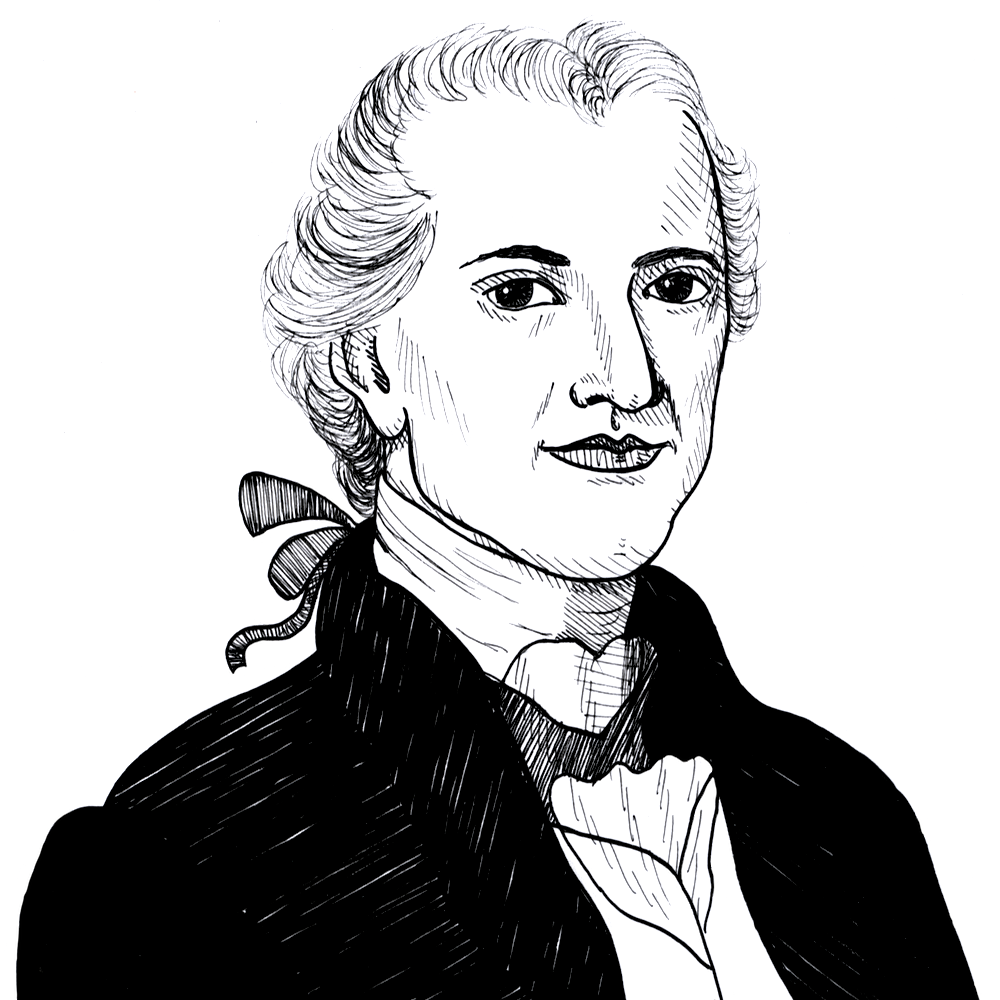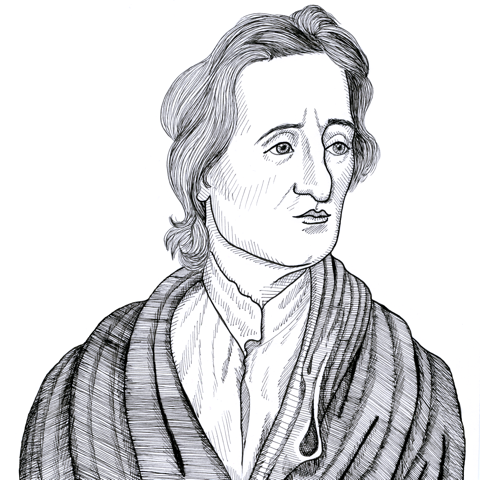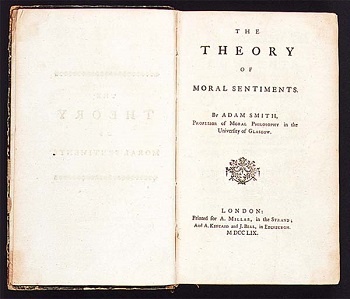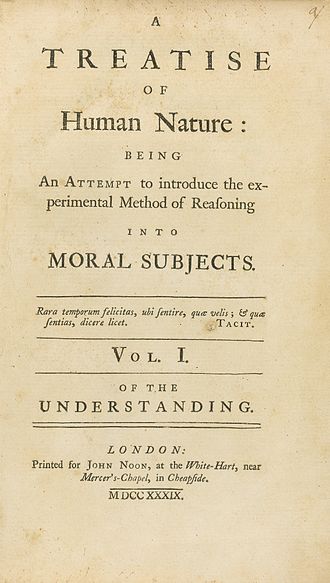
A Treatise of Human Nature
- Lewis Amherst Selby-Bigge (editor)
- David Hume (author)
Hume’s first major work of philosophy was published in 1739 when he was just 28 years old. It is made up of three books entitled “Of the Understanding”, “Of the Passions”, and “Of Morals”. In the book he uses his sceptical rationalism to create an ambitious “science of man”.
Related People
Key Quotes
Food & Drink
’Tis plain, that almost in every species of creatures, but especially of the nobler kind, there are many evident marks of pride and humility. The very port and gait of a swan, or turkey, or peacock show the high idea he has entertain’d of himself, and his contempt of all others. This is the more…
Property Rights
For when men, from their early education in society, have become sensible of the infinite advantages that result from it (property), and have besides acquir’d a new affection to company and conversation; and when they have observ’d, that the principal disturbance in society arises from those goods,…
Critical Responses
Book
Critique of Pure ReasonImmanuel Kant
Kant challenges Hume’s abandonment of metaphysics and morals and strives to replace faith in philosophy.

Book
An Inquiry into the Human Mind on the Principles of Common SenseThomas Reid
Known as the Father of Common Sense, Reid writes in opposition to Hume, Locke, and Berkley’s empiricism.
Connected Readings
